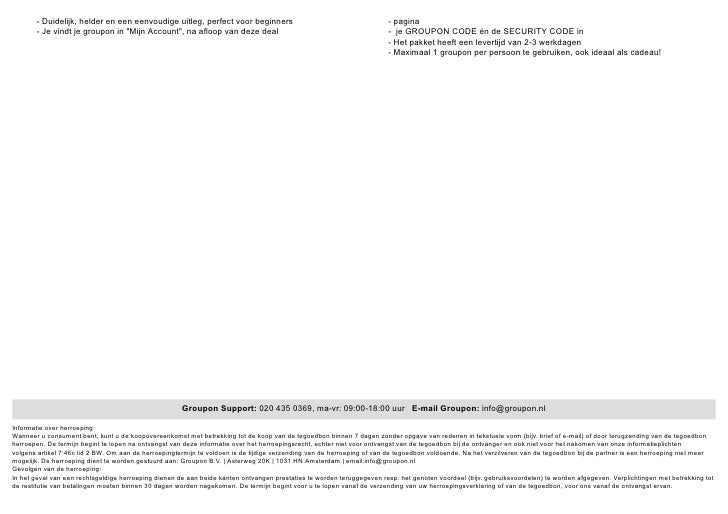

For example, a family member, carer or someone you trust.

You can nominate someone to receive communications and bills from your supplier. This way you can feel confident they are genuine. This could include arranging a password or agreed on picture cards if callers need to visit or contact you. Priority support when calling your network operator.


For example, when they plan engineering work. If you rely on your energy supply for medical reasons your network operator can tell you about planned power cuts.
Wherever possible, advanced notice of scheduled power cuts. Help you can get if added to the register, according to Ofgem, includes: You may still be able to register for other reasons, such as if you need short-term support after a hospital stay. would struggle to answer the door or get help in an emergency. need to use medical equipment that requires a power supply. have extra communication needs (such as if you don’t speak or read English well). are disabled or have a long-term medical condition. One of these includes asking to be added to the Priority Services register, this offers free help and support if you are in a vulnerable situation. However, there are some additional help methods available to billpayers. READ MORE: DWP warning as new strict Universal Credit rules coming inīut while this has come as good news to some, many are still finding their bills are at an unmanageable level. The Energy Price Guarantee (EPG) had been due to rise to £3,000 in April and the cost of scrapping the planned 20% increase will amount to around £3 billion. Many households continue to struggle to pay their energy bills, as prices remain at an all-time high.Īnnouncing the Spring Budget last week, the Chancellor Jeremy Hunt said the financial help for energy bills will be extended for a further three months from April to June at its current level, capping the typical annual household bill at £2,500.








 0 kommentar(er)
0 kommentar(er)
